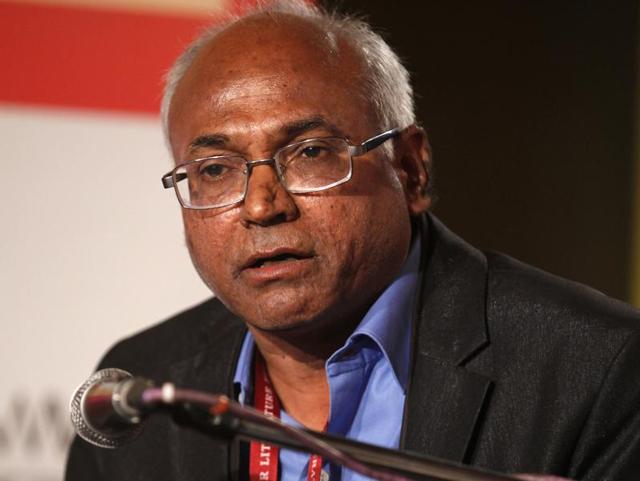Mr. Trent Franks, is the U.S. Representative for Arizona’s 8th Congressional District, serving in Congress since 2003. He is a member of the Republican Party and brought issue of Freedom of Expression in India with reference to Professor Kancha Ilaiah’s Post-Hindu India book to draw the world’s attention.

The speech was delivered on 12th October, 2017 in the U.S. House of Representatives and the speech available at http://houselive.gov/MediaPlayer.php?view_id=2&clip_id=11904
The transcript of Speech by Mr. Franks is as follows;
Thank you Mr. Speaker.
Mr. Speaker, the first amendment of our constitution gives us this precious freedom of speech that we so cherish in America. Contrary to the heated debate in public opinion, we’re in the United States rarely facing the kind of persecution that necessitated this great protection. So I rise today to shed light on the abridgement of freedom of speech that is often widely discussed but few Americans ever have to endure. Individual freedom of speech is infringed. Sharing one’s views freely on the internet can be punishable, even by death. Late one evening in September, a well-known Indian journalist Gauri Lankesh was murdered outside her home. She was an establishment figure with a reputation for her fearless criticism of undemocratic elements within the parties in power. The circumstances of her death were strikingly similar to the murders of three additional Indian activists.
And just weeks ago, another India’s most prominent political journalist, Professor Kancha Ilaiah, who continuously questioning the caste social order and was threatened by BJP allied member of India’s parliament. This member issued a statement that ‘the professor should be publicly hanged’. He received numerous death threats. These threats had significant effect. A mob tried to attack Professor Ilaiah with stones. Prof. Ilaiah is now under self-imposed house arrest because he’s simply not safe otherwise. Was professor Ilaiah’s crime significant?
Kancha Ilaiah was called as modern day Dr. Ambedkar, the father of the Indian Constitution. The crime of Professor Ilaiah is that he was the author of “Why I am not a Hindu?” and a recent translation of his “Post-Hindu India” (2009) is what sparked the threats book was described in a polarized context of modern day India, specifically dealing with the productivity of ‘the dalits’ and ‘the lower caste’ and seemingly spiritual and monetary monopoly of ‘the higher castes’. These became more relevant in the crisis. This resulted farmers’ suicides due to hopelessness and massive joblessness due to the de-monetization and economic slowdown.
Mr. Speaker, I stand on the floor of the United States House of Representatives to state unequivocally that the United States and the entire global community is and should be deeply concerned about this threat to the life of Professor Kancha Ilaiah, one of the world’s well-known intellectuals. Our trusted ally and friend, India, is better than this, Mr. Speaker. Professor Kancha Ilaiah’s freedom of speech should not be infringed and his protection and that of those like him should be the utmost priority to the Indian government. I’m able to express freely this viewpoint because we have freedom of speech in this United States of America. Mr. Speaker. May we remember at what cost and for what purpose we were given this priceless freedom. Thank you, Mr. Speaker. I yield back.